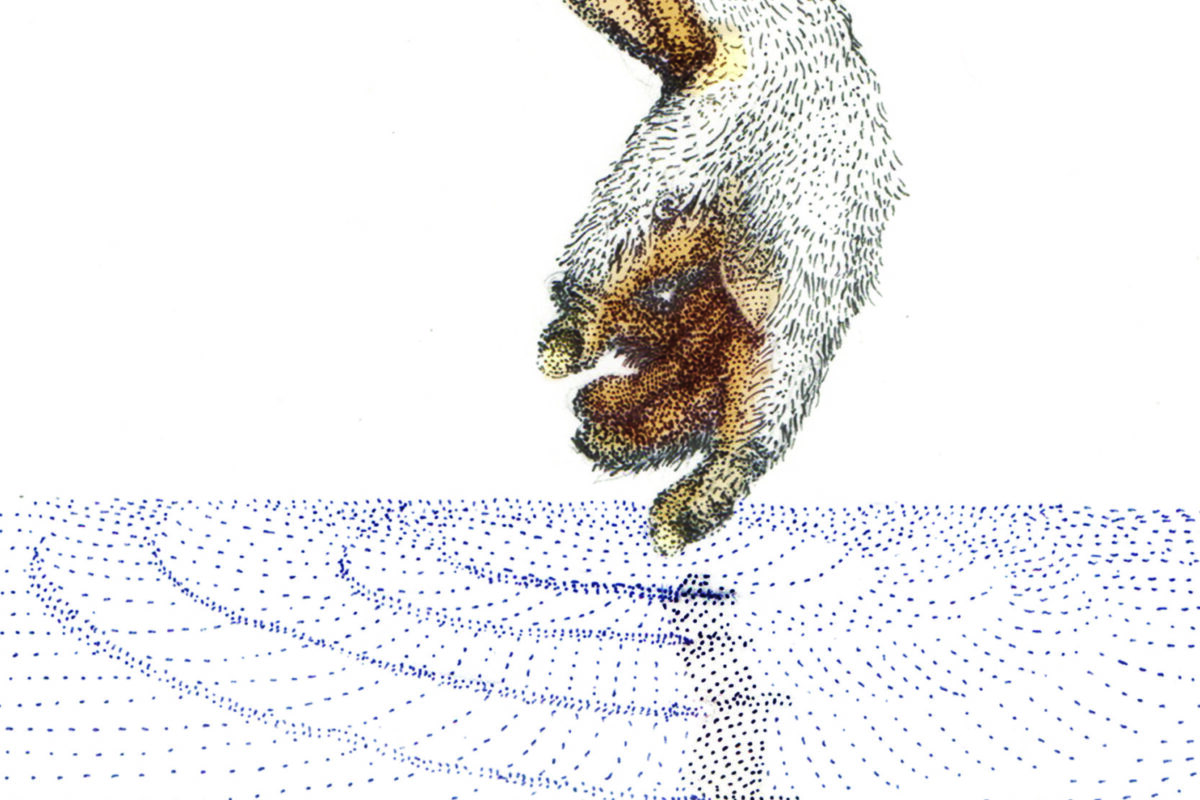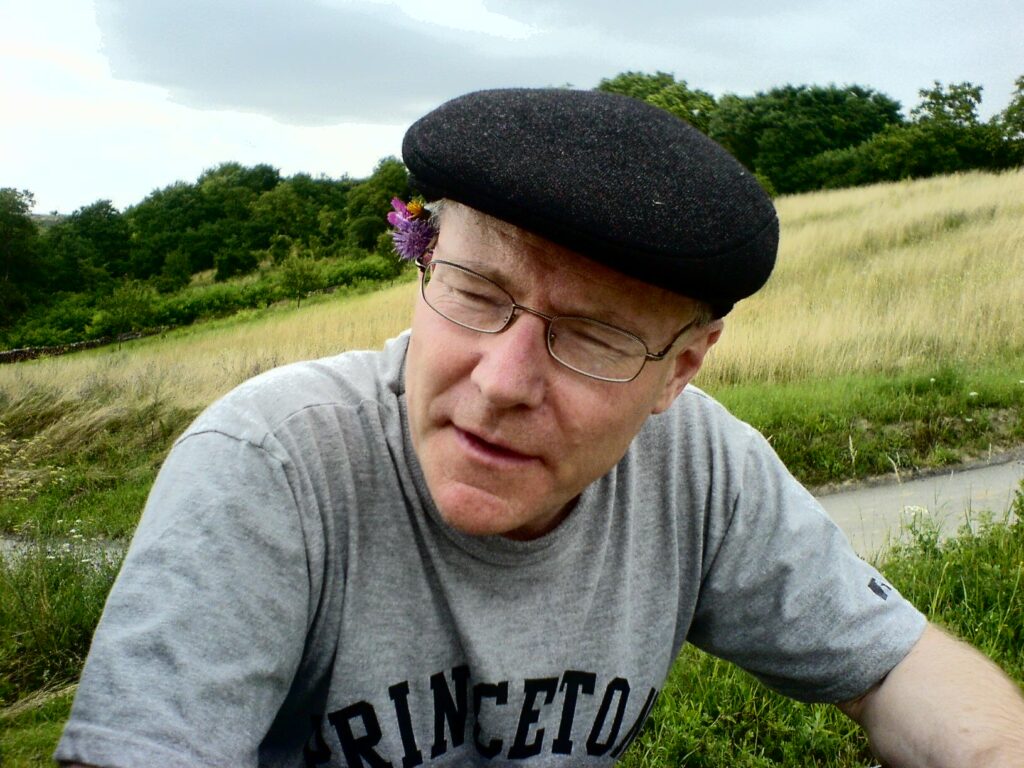In 2018, Chinese researcher He Jiankui announced that he had used the powerful CRISPR gene-editing technique to edit the genes of twin girls. He reportedly modified a gene with the intention of protecting the girls against HIV, the virus that causes AIDS.
When the news came out, it got a lot of attention, much of it critical. The public worried about maverick scientists. Other scientists voiced their unease about the potential side effects of genetic changes that could be passed down to future generations. The Chinese authorities jailed He and his colleagues. Then the world moved on to the next thing.
It was a familiar tale: Human genetic engineering comes to public attention by way of a headline-grabbing incident, followed by a short-lived flurry of news stories, after which attention soon gives way to the next buzzy topic. In the background, in the absence of a good process for asking the right questions about this technology, brute power (in this case the Chinese government) makes the final call on a resolution.
For Benjamin Gregg, professor of government at The University of Texas at Austin and author of the new book Creating Human Nature: The Political Challenges of Genetic Engineering, none of this short-lived interest or involvement is enough. The potential of gene editing technologies is too great to leave it to ad hoc reactions, either from a skittish public, a sensationalistic media, or a heavy-handed state.
Instead, says Gregg, we need a new political bioethics, which he defines as “a procedural form of decision-making, combining expert bioethics committees and deliberative democracy.” We also need a conceptual conversation that liberates us from the standard binaries that set in stark contrast what we can do as a culture, with our technology, and who we are as biological organisms.
“Political questions are best answered politically,” writes Gregg. “In the context of human genetic engineering, questions such as, ‘How do we wish to organize our community, by what standards of justice?’ or, ‘What kind of human nature should we want?’, are questions for political bioethics.”
HUMAN NATURE, HUMAN RIGHTS
Gregg’s new book begins by taking stock of what we have: powerful gene editing techniques, public curiosity about them, ink spilled about their moral and ethical implications, and a sort of double inheritance from the Enlightenment. We have a seductive interest in human perfectibility entwined with a deep suspicion of the idea. “The Enlightenment is Janus-faced,” says Gregg. “One face regards nature as yielding to culture. The opposite face regards nature as a limit to human belief and behavior: the ‘natural’ as a standard by which to reject the ‘unnatural.’”
Although the book touches on the ways in which CRISPR-Cas 9 and related technologies will be able to edit the genomes of adults, its primary focus is on the genetic decisions that adults will or won’t make on behalf of their not-yet-born children. These decisions might include, for instance, whether to abort an embryo with a genetic disease that will lead to severe cognitive disability; how to use genetic information when selecting between embryos for in vitro fertilization; or whether it’s okay to employ mitochondrial replacement therapy (MRT) to insert the healthy mitochondria of a donor into the embryo containing the nuclear DNA of two other people.
These are incredibly difficult questions to answer, says Gregg. What they are not, however, are questions that can plausibly be answered by the widely deployed categories of “natural” and “unnatural.” His alternative framework includes among its principles that we should make policies through the combined input of bioethics committees and deliberative democratic processes; that decisions should be made at the national rather than the international level; that we can never allow artificial intelligence to displace democratic processes; and that socially responsible human genetic editing should take into account the health of the planet.
It’s complicated, but Gregg sees no alternative to complication. There are no clean answers in biology that will save us from having to make decisions with each other. It’s human agency all the way down. “There is no unspoiled human nature that isn’t also a product of culture,” he says. Even what we call evolution, he points out, is just the statistical change in gene frequencies over time, a process deeply contingent on human action. A famous example is the evolution of lactose tolerance in humans. We discovered the advantageousness of domesticating cattle, and evolution followed suit.
It is because he understands genetics in this way that Gregg sees many common ideas about “human nature” more as part of the problem than the solution when thinking through how to address a challenge as complicated as genetic engineering. Human nature isn’t a brute fact around which we must orient. Instead, it is a political story we tell ourselves, a messy, unspooling text bound up with our current needs, projects, and commitments.
By the same token, the framework we need to best regulate genetic engineering is one that will include a healthy tolerance for ambiguity, a preference for pluralistic over totalizing designs, and a willingness to test accepted wisdom against new evidence.
Gregg puts the best possible regulation of human genetic engineering squarely in the realm of deliberative democracy, a “project of majoritarian proceduralism that involves ordinary citizens as far as reasonably possible.” Dispensing with genetic essentialism, he argues that human rights can nonetheless be grounded in the idea of human dignity, which he defines as “the decisional autonomy of future persons, held in trust by the current generation.”
The result, he believes, will be an inevitably ambiguous structure that still delivers the goods for regulating human genetic engineering. It presupposes the enduring relevance of liberal values while showing that the core problem — creating regulatory standards that the public can broadly accept — is greater than can be solved by a committee of wise experts guided by nothing more than their own dearly held ideas about ethics and human dignity. It must solicit participation from the broader public while being answerable to local norms and concerns — a sticking point that Gregg sees as forever troubling attempts to create universal, global standards.
At the concrete heart of Gregg’s book is a discussion of how to deal with matters of human intelligence and genetic technologies. This isn’t just a question for the future, Gregg points out. We already have genetic testing that allows parents to decide whether to bear children who will have severe intellectual and development disabilities. As our technological capacities to select for desirable (and against less desirable) traits increases, these questions will only get thornier and more urgent.
Instead of doing what we’re doing now, which is quietly allowing the contours of our policy regime to be determined by the marketplace and the individual decisions of parents (or potential parents), Gregg believes we should be having more public conversations about how to balance the various interests and goods at stake. There are the interests of future persons who will develop from today’s embryos, their parents and guardians, the state, and existing communities of people with disabilities and their families and advocates.
The questions that arise in this multi-party negotiation are incredibly fraught. Can a parent or guardian make decisions for an embryo based on their own assumptions about what the future person would want, which might include a life free of severe cognitive disability? If we create a society mostly free of congenital cognitive disabilities, do we risk losing the radical encounter with difference that a liberal attitude toward cognitive disability makes possible? Does the embryo itself have rights — can a future person have rights today? — and if so, who is the proper guardian of them?
Gregg has his own perspective on how to answer these various questions, but his project of political bioethics doesn’t depend on his answers prevailing. It depends, instead, on striking the right balance between expertise and public participation, and on making sure that we arrive at answers democratically.
In the later chapters of Creating Human Nature, Greggs gives an account of how his framework can address various forms of inequality, arguing for a broad human right to freedom from genetic disability and exploring how the science of epigenetics creates a leverage point for advancing social justice by addressing large-scale health inequities. Crucially, he frames democratic politics itself as a form of distributed intelligence. It’s a way that collectively we become more intelligent than the sum of our parts.
“Democratic politics is culture as brain-to-brain coupling,” he writes, “or the binding of nervous systems, where each mind augments others and where culture refracts, through individuals, common knowledge and collective concern.”
Imani Evans is communications manager for the Hogg Foundation for Mental Health. He also has a masters in information science from the School of Information at The University of Texas at Austin.

